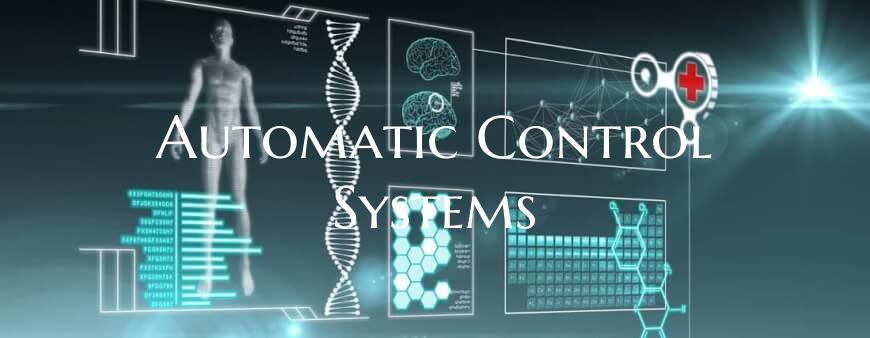Automatic Control Systems
Automatic Control Systems: A Guide to Understanding and Implementing
Automatic control systems are an integral part of numerous modern technologies, playing a crucial role in achieving efficiency, accuracy, and reliability in various industries such as manufacturing, aerospace, automotive, and more. These systems consist of sensors, controllers, and actuators working together to regulate and maintain a desired output without human intervention.
Understanding the principles behind automatic control systems is vital for engineers and technicians involved in designing, implementing, and maintaining such systems. At the core of these systems lies feedback control, where sensors measure the actual output and compare it to the desired setpoint. The controller then makes real-time adjustments to minimize any deviation and ensure the system operates within desired parameters.
There are different types of automatic control systems, including proportional-integral-derivative (PID) control, adaptive control, and fuzzy logic control, each suited for specific applications based on the complexity and requirements of the system. PID control, for instance, is widely used due to its simplicity and effectiveness in regulating processes.
Implementing automatic control systems involves careful system design, choosing appropriate sensors and actuators, selecting the right control algorithm, tuning the system for optimal performance, and integrating safety measures to prevent failures. It requires a deep understanding of dynamics, system modelling, and control theory to ensure the system functions as intended.
Advancements in technology have led to the development of sophisticated automatic control systems capable of complex tasks such as autonomous driving in vehicles, unmanned aerial vehicles (UAVs), robotic automation in manufacturing, and more. These systems often leverage artificial intelligence and machine learning algorithms to improve decision-making and adapt to changing environments.
In conclusion, automatic control systems play a vital role in ensuring precision, efficiency, and safety in various industrial applications. By understanding the fundamentals of these systems and staying abreast of technological advancements, engineers and technicians can harness the power of automation to enhance productivity and performance in the modern world.

